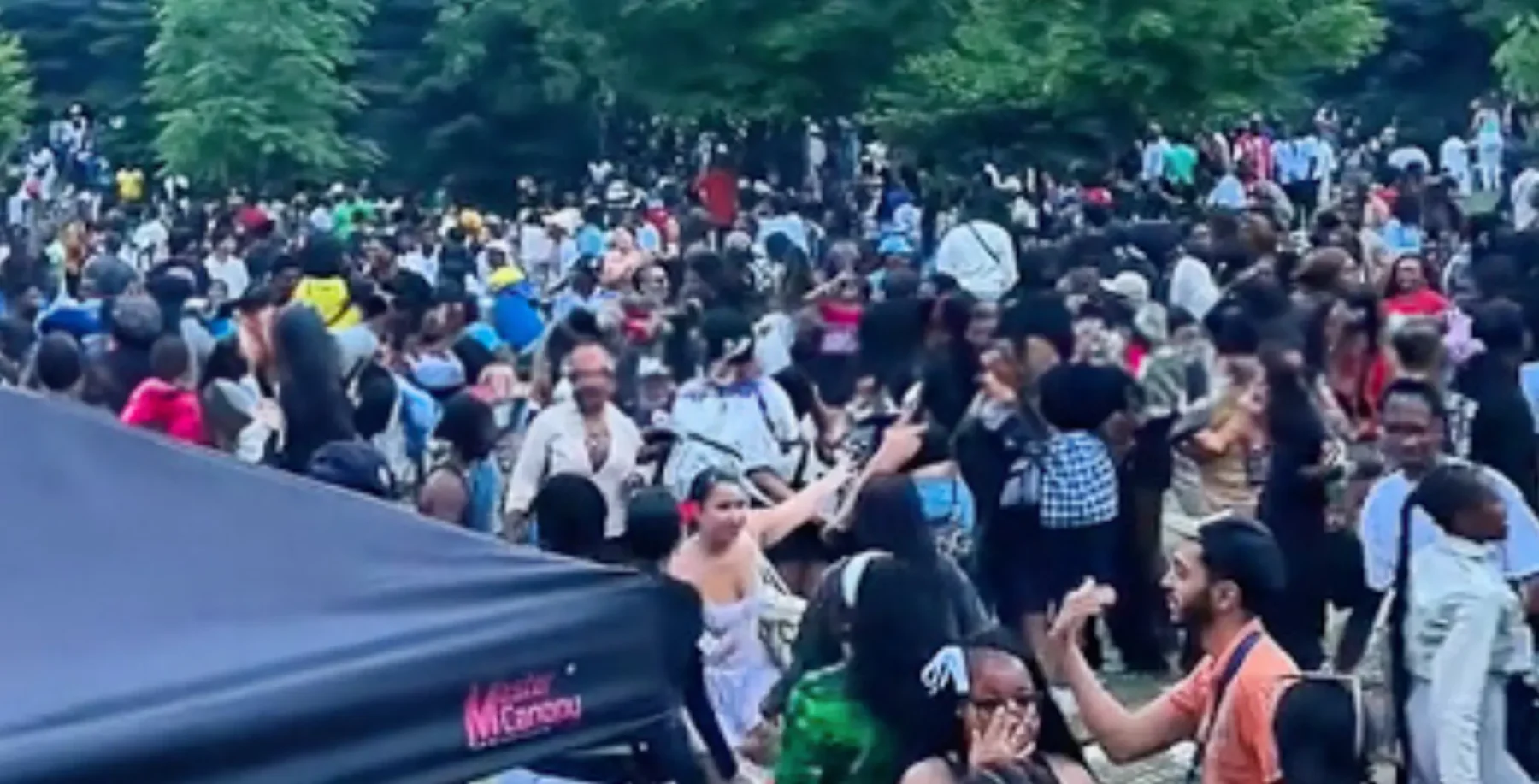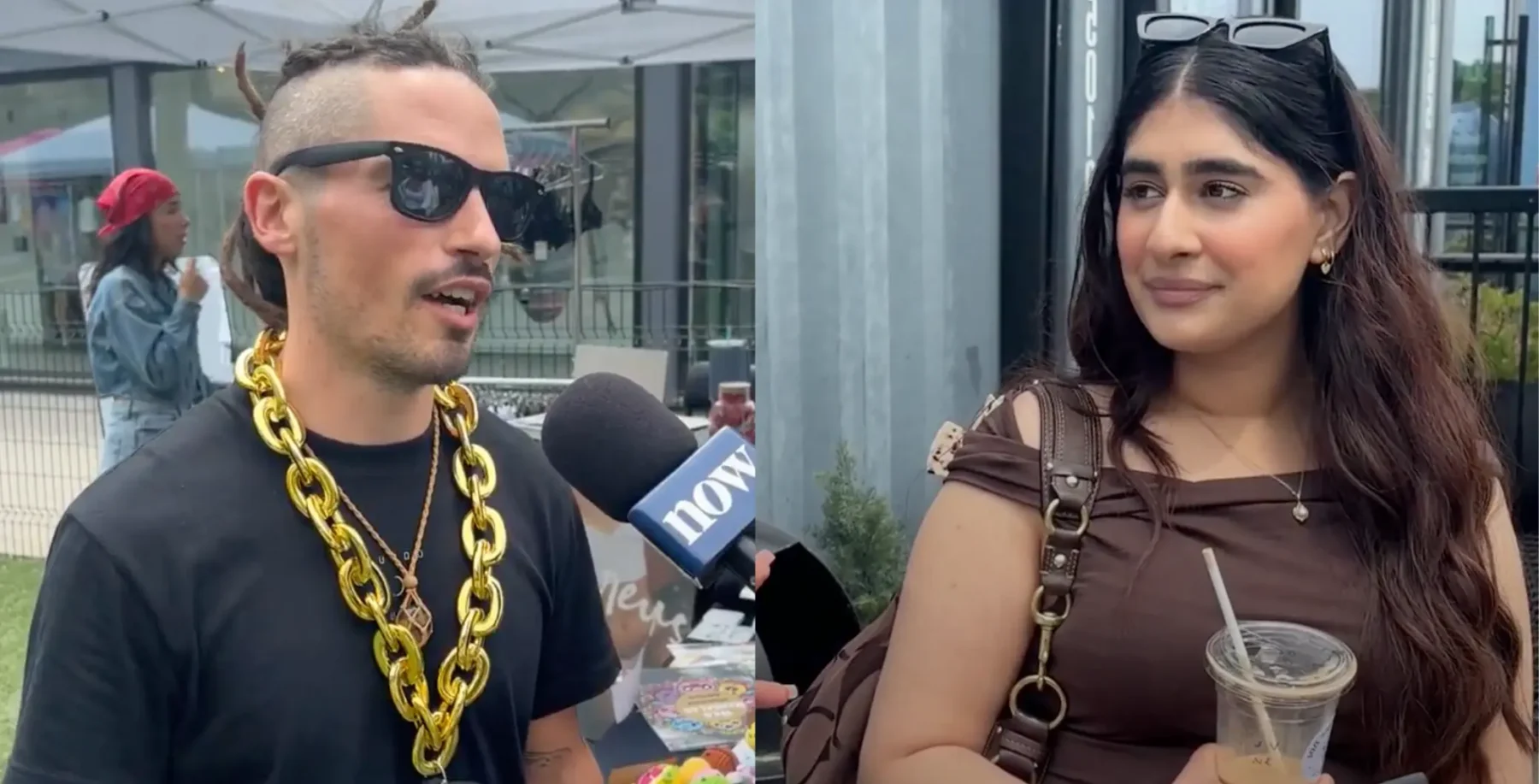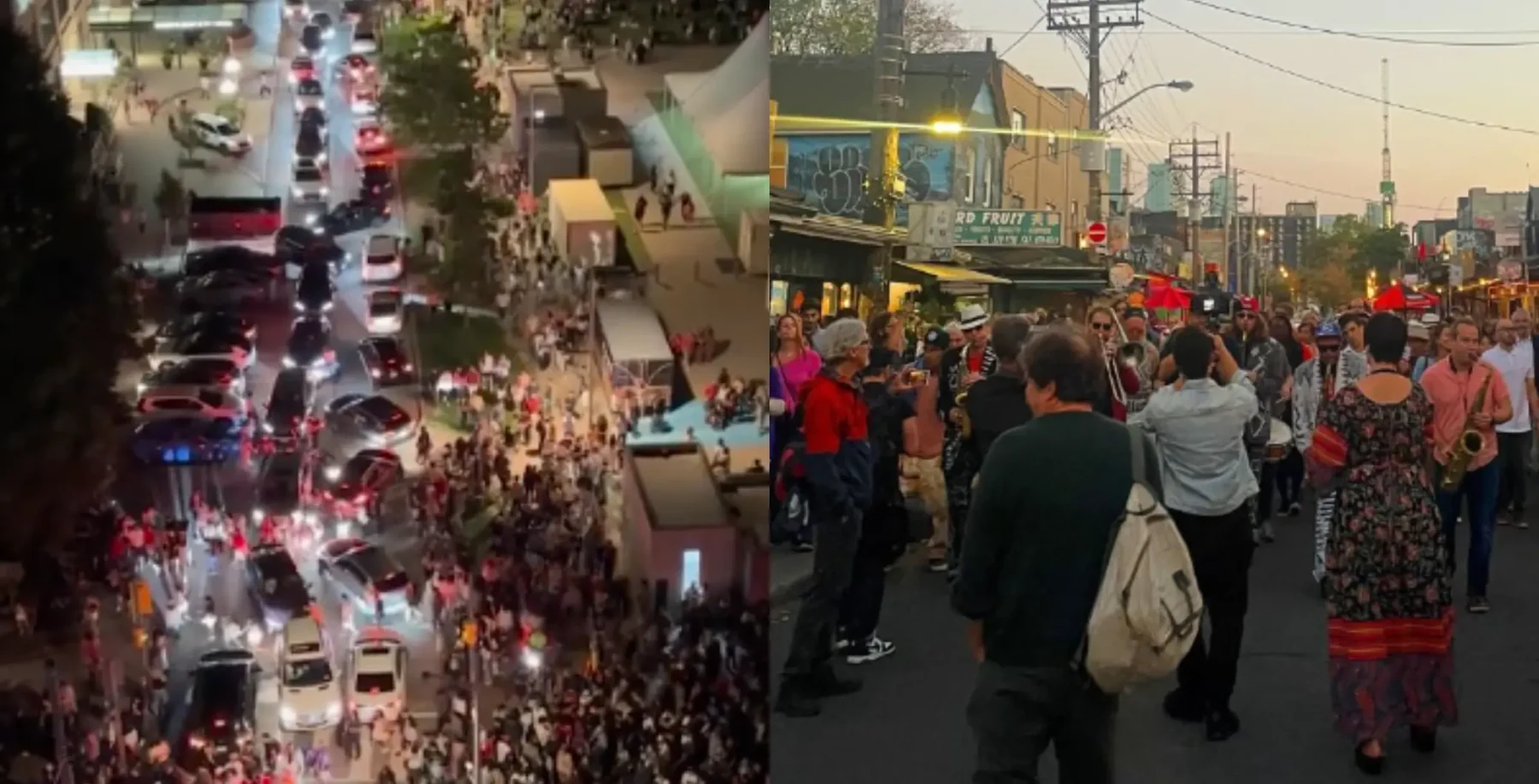
The scene is a dimly lit plaza parking lot somewhere in the wilds of Brampton. I’m waiting with a film crew to capture Justin Payne’s latest encounter.
We are hidden in a mini-van while Payne and his bodyguard, Gerry, are standing next to the open hood of Payne’s car, pretending to need a boost.
Payne poses as a child on dating apps.
Like the lone wolf vigilante Travis Bickle in Martin Scorsese’s Taxi Driver, he rides around the big city late at night, preparing for his next encounter with human depravity. Unlike Bickle, however, Payne prefers to shame his targets by posting his encounters with them online. His mission, he says, is to “put the fear of God” in them.
He’s become a social media sensation on Facebook and YouTube, where he’s been praised as a “people’s hero.”
But after weeks following Payne on his exploits, camera in tow, I wonder if his public shaming ritual is moral revenge to understand his own history of sexual abuse.
***
Here in Brampton, the night’s mark, “John,” arrives on foot wearing a short-sleeved black shirt and knee-length light-coloured cargo pants. He looks to be in his early 40s.
When Payne asks him why he thinks it’s fine to meet an underage girl for sex, John says he showed up to help the girl, buy her food because she was hungry.
He claims he knew, before arriving, that he was likely being set up but was willing to risk it in case there was a child in real need. Payne lays into him, accusing the man of lying. At one point, John attempts to knock the camera out of Gerry’s hand.
I’ve been photographing the encounter. Through a camera lens, it’s a spectacle tailor-made for trash TV. After the altercation fizzles out, John walks away, alone, defeated, humiliated.
I follow him to a nearby gas station, afraid that he’ll harm himself. He stops when he spots me. He tells me of a friend he once had, a young girl who was homeless. But I’m not really interested in the particulars of his story. I just want to be present for a human being who would likely be perceived as scum by anyone seeing the video Payne’s just shot tonight.
Needless to say, neither Payne nor Gerry believes a word of it when I return to the parking lot.
After they leave, John rides up on his Spyder motorbike. He produces his cellphone to show me the chat logs of his conversation with Payne to prove he had no criminal intent.
It’s time for me to go, but I give him my number. From what he’s told me, John seems to have no friends. He calls the next day, crying. He says that if I hadn’t gone after him he would have driven off the highway and killed himself. A few days later, I ask Payne for screenshots of their online conversation. It’s a mostly mundane exchange about favourite foods, colours and being bored. Then, at one point, John asks for nude photographs to prove she is “real.”
***
I first met Justin Payne, construction worker by day, self-described “pedophile hunter” by night, after reading about his exploits online. I decided to shadow him and in the process make a documentary about him.
This project has taken me to plazas and gas stations across the GTA to witness public confrontations between Payne and his online quarry.
Most encounters follow the same pattern: Payne arranges with people online, usually an adult male, to meet somewhere and then confronts him the person usually denies he was there for sex, then quickly leaves.
Payne has been doing this for about three years. I can’t reveal some things he’s told to me in confidence about what motivates his mission, but one fact is already on the record: Payne was sexually assaulted by a woman when he was 14. I’ve come to see what he does not so much as holding alleged predators accountable but as standing in for those who victimized him in his own past. He’s trying to resolve his own trauma.
He’s been compared to Chris Hansen of the former NBC reality show, To Catch A Predator. But unlike Hansen, Payne doesn’t have the law on his side. He goes out on his “stings” without the knowledge or support of law enforcement. They have told him that information he’s gathered from his encounters is inadmissable in court.
Police believe he’s putting himself and his targets at risk and that he may be doing more harm than good – research shows that child predators are more likely to offend after they’re shamed. They become more fatalistic, experiencing a further diminished self-concept of themselves. “What does it matter if I do wrong and get caught?”
Payne has reported people to police but announced recently that, with few exceptions, he’s no longer interested in handing peo-ple over to authorities.
Payne’s impatience and desire for swift justice is shared by his thousands of followers.
But justice requires legal accountability. Payne’s vigilantism is not justice. It’s become dark entertainment for his audience.
Paul Salvatori is a professor of ethics and anthropology at Victoria College.
news@nowtoronto.com | @nowtoronto












